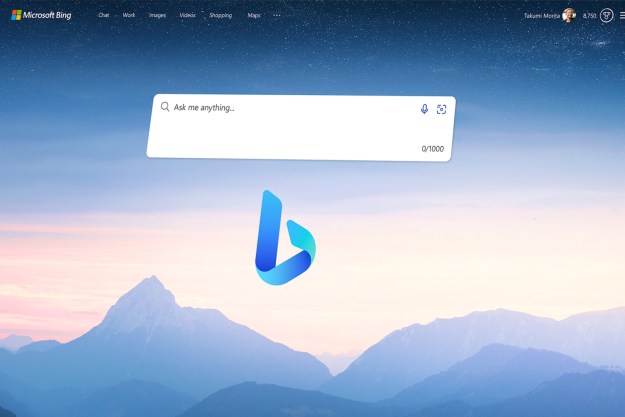If you’re fed up with signing up for new accounts online and then being perpetually spammed in the days and weeks after, Mozilla has an idea that could help. The company has just announced its Firefox Relay feature is being directly integrated into its Firefox web browser, and it could help guarantee your privacy without any extra hassle.
Firefox Relay works by letting you create email “masks” when you sign up for new accounts. Instead of entering your real credentials into the sign-up field, Firefox Relay provides you with a throwaway address and phone number to use. Any messages from the website — such as purchase receipts — are then forwarded to your real email address, with all the sender’s tracking information stripped out to protect your privacy.

That’s similar to DuckDuckGo’s Email Protection service, which also creates disposable email addresses and removes any trackers it finds. Likewise, Apple offers a Sign in with Apple tool that can hide your email address, although it leaves trackers intact.
When it comes to Firefox Relay, you can let the browser create throwaway email masks for you, or brew up your own on the spot. Firefox lets you manage these masks after they’re made, and you can delete them if you start to receive spam messages through them.
Baked right in

Firefox Relay is a free extension that you can install into your browser. Now that it’s also incorporated right into Firefox, using it should be a much more streamlined experience. There’s no need to install anything extra or fiddle around with additional steps, as everything is already baked into the browser.
There is a free Firefox Relay tier, limited to five email masks. If you want unlimited masks and extra features like disposable phone numbers and the ability to anonymously reply to emails, there are paid-for tiers as well, starting at around $1 a month (phone protection currently requires signing up for a waitlist).
Mozilla says it is currently testing the integration of Firefox Relay into its browser on “numerous sites,” with the intention of expanding the feature “to more sites and to all Firefox users later this year.” If you’re interested, you can sign up on the Firefox Relay website.
Editors' Recommendations
- GPT-4: new features, visual input, availability, and more
- Grammarly’s new ChatGPT-like AI generator can do a lot more than proofread your writing
- Gmail client-side encryption adds security for businesses
- A beginner’s guide to Tor: How to navigate the underground internet
- You could be creeped out by Bing Chat on the go soon



